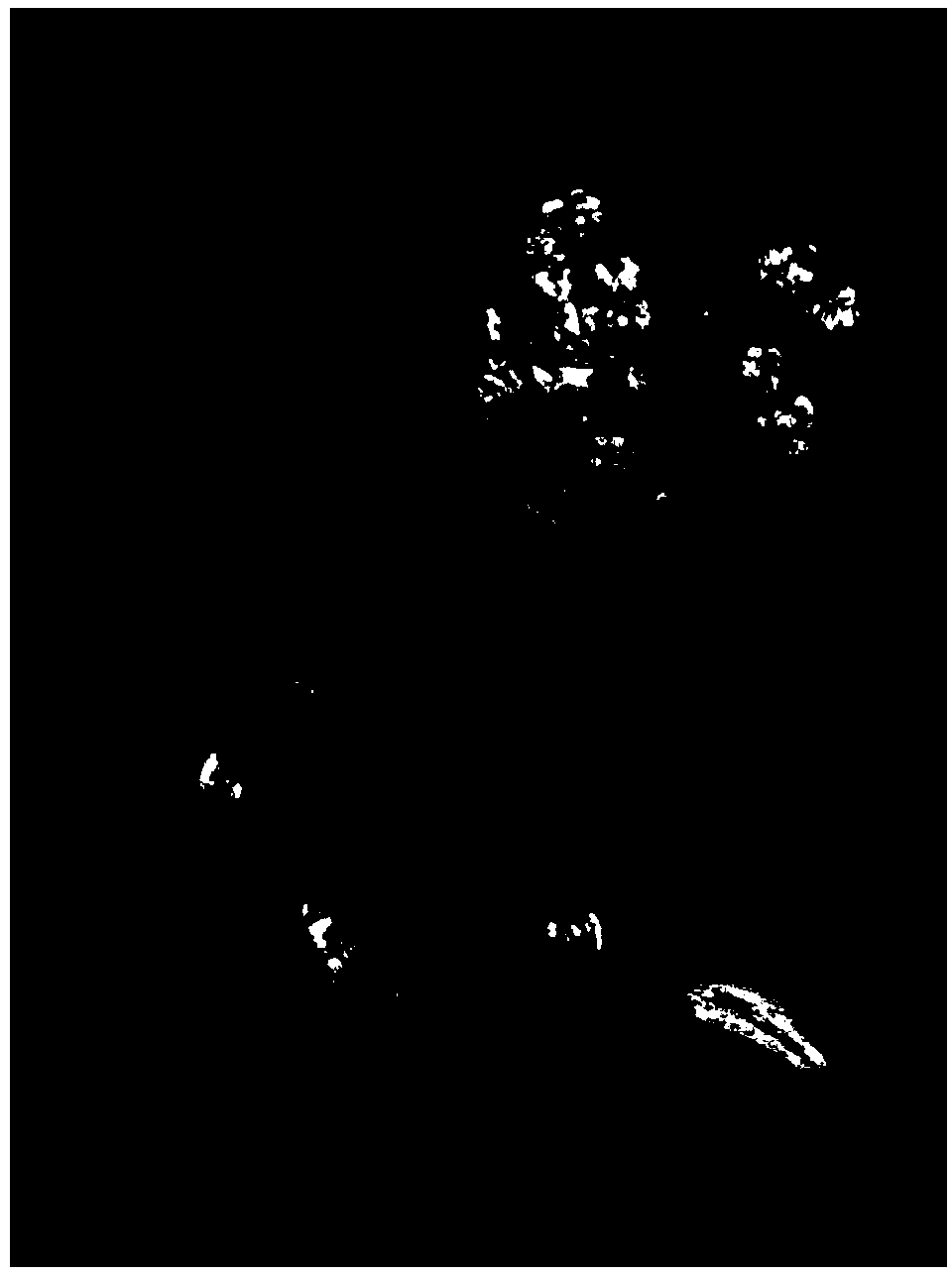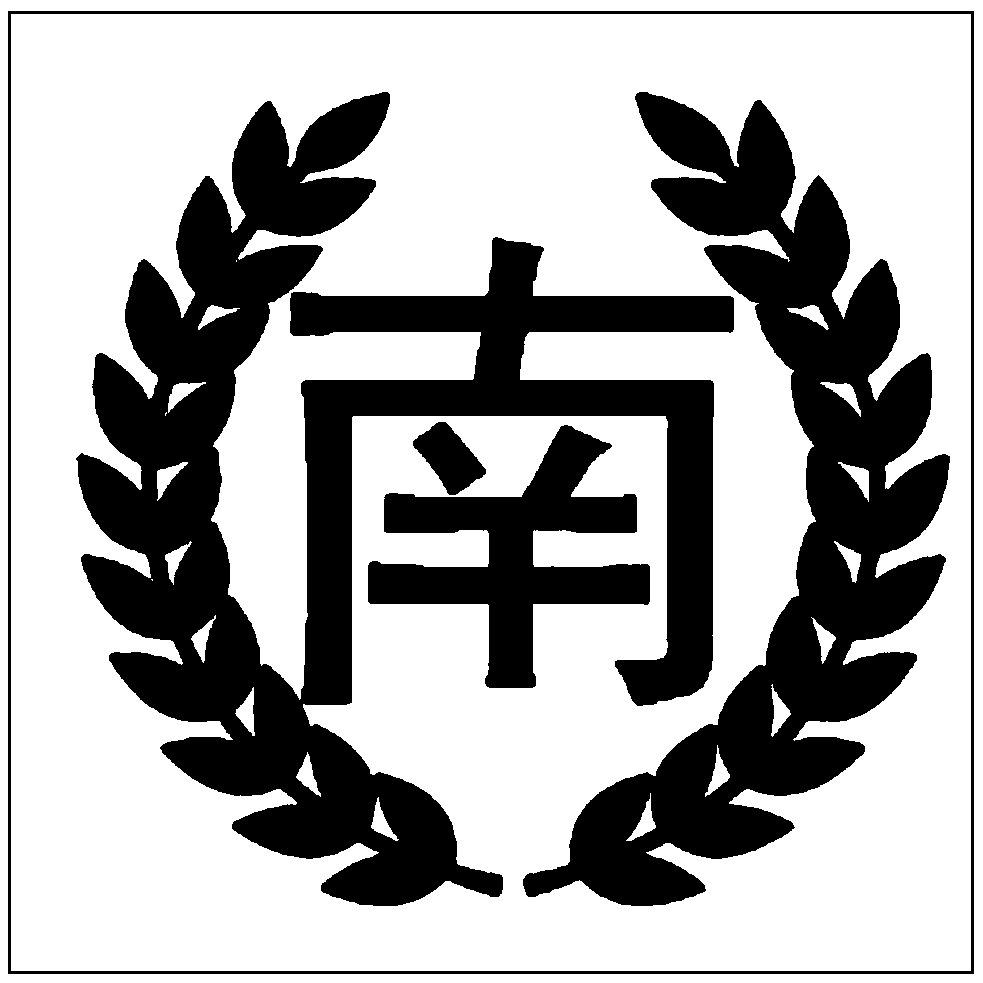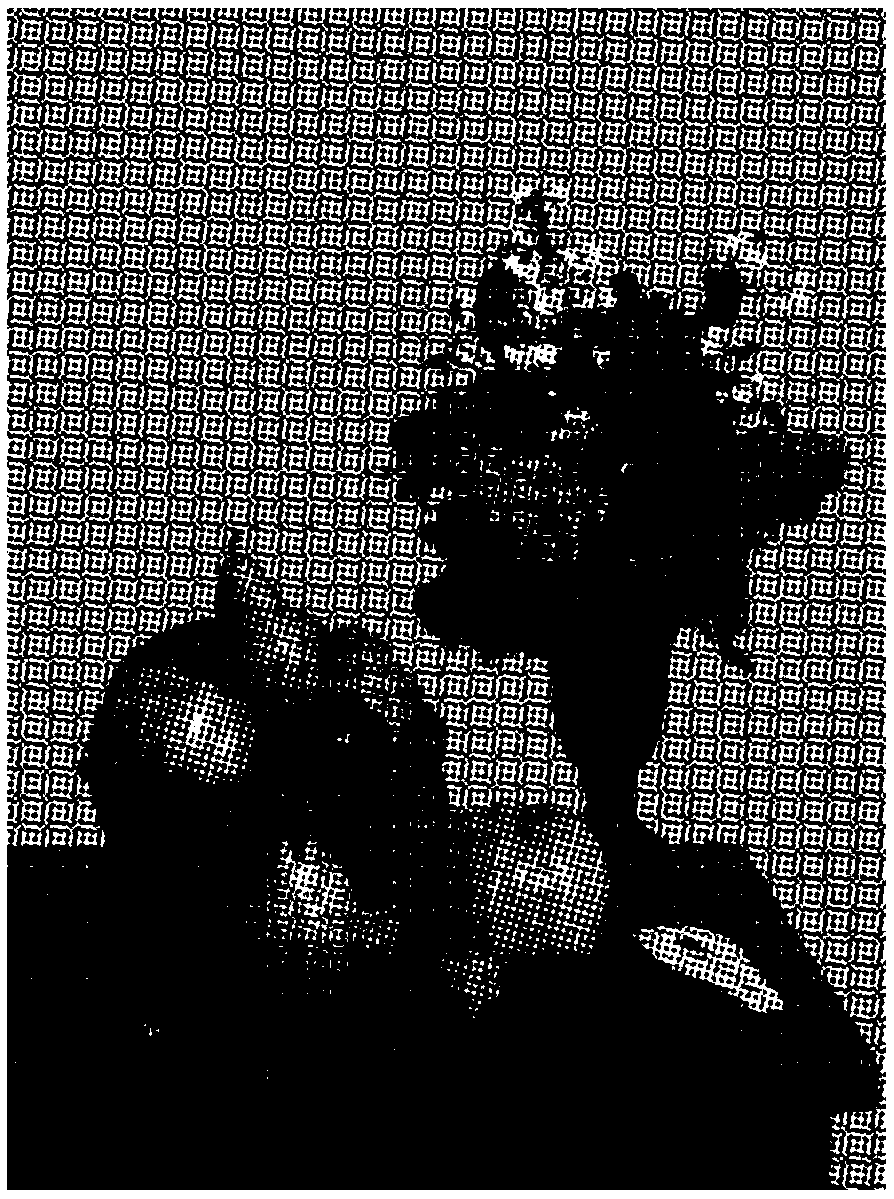Method for improving latent image boundary based on edge detection error diffusion algorithm
An error diffusion and edge detection technology, applied in the field of image processing, can solve problems such as the inability to extract complete graphic information, contour distortion, large scale coefficient, etc.
- Summary
- Abstract
- Description
- Claims
- Application Information
AI Technical Summary
Problems solved by technology
Method used
Image
Examples
Embodiment 1
[0071] A method for improving the boundary of a latent image based on an edge detection error diffusion algorithm, comprising the following steps:
[0072] step 1),
[0073] see figure 1 , input the target image (named "still life"), the target image includes x×y pixels, the subscript (x, y) represents the coordinates of the pixel, color-separate the CMYK channel of the target image, and the color separation is pair The CMYK channel of the target image is separated to obtain four 256-level grayscale images, so four channels of C, M, Y and K are obtained; the C channel is selected as the invisible channel;
[0074] Step (2),
[0075] Adopt amplitude modulation screening technology, set the generation method of network dots as model method, and obtain the halftone image of 4 channels composed of network dots through the screening process; set the screening parameters when digital screening, the screening parameters include screening angle, screening line Number, dot shape and...
Embodiment 2
[0110] Compared with Embodiment 1, the difference between Embodiment 2 and Embodiment 1 is: different target images (named "clock") and hidden information are used, and the invisible channel is the M channel; the generation method of setting network points is the growth model method, and the growth model The method refers to compressing the number of dot models in the model method according to the ratio to obtain another basic model. When the gray value decreases or increases by one level, one more or one less recording point is exposed in the corresponding basic model, thus expressing extract all tones in the target image, combined with Figure 5-8 It can be seen that the hidden information in Example 2 is completely invisible in the synthesized target image to be output, has very good imperceptibility, and can be clearly extracted by the test grating during recognition.
Embodiment 3
[0112] Compared with Embodiment 1, Embodiment 3 differs in that it uses a different target image (named "cake") and hidden information. combine Figures 9 to 12 It can be seen that the hidden information in Example 3 is also completely invisible in the synthesized target image to be output, has very good imperceptibility, and can be extracted very clearly by the test grating during recognition.
PUM
 Login to View More
Login to View More Abstract
Description
Claims
Application Information
 Login to View More
Login to View More - R&D Engineer
- R&D Manager
- IP Professional
- Industry Leading Data Capabilities
- Powerful AI technology
- Patent DNA Extraction
Browse by: Latest US Patents, China's latest patents, Technical Efficacy Thesaurus, Application Domain, Technology Topic, Popular Technical Reports.
© 2024 PatSnap. All rights reserved.Legal|Privacy policy|Modern Slavery Act Transparency Statement|Sitemap|About US| Contact US: help@patsnap.com










